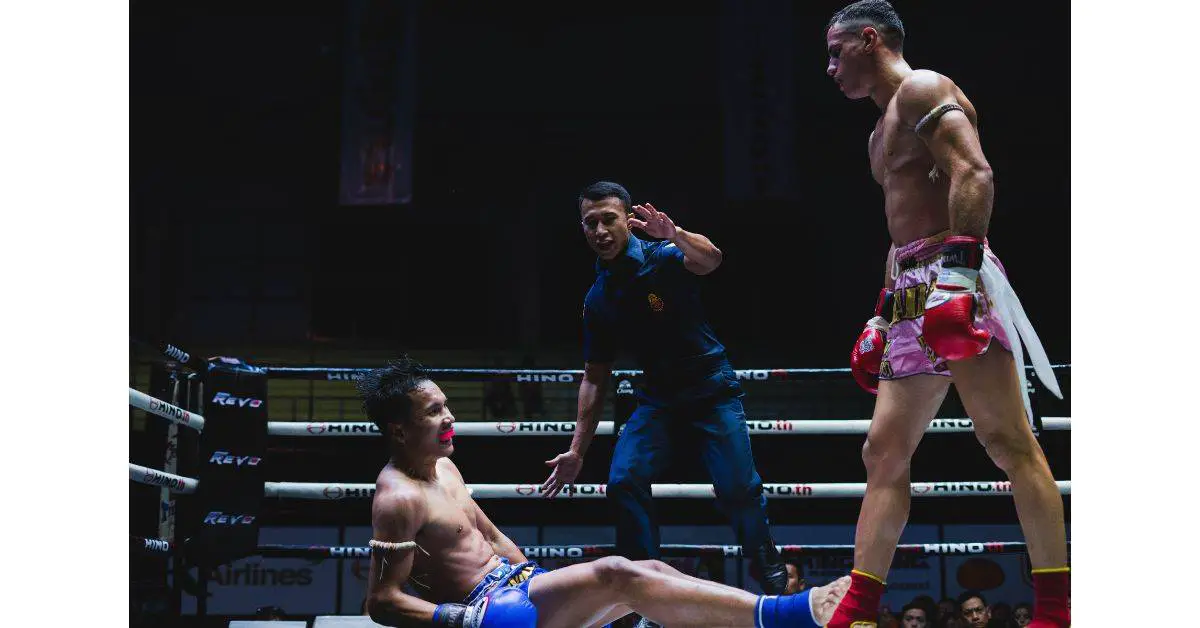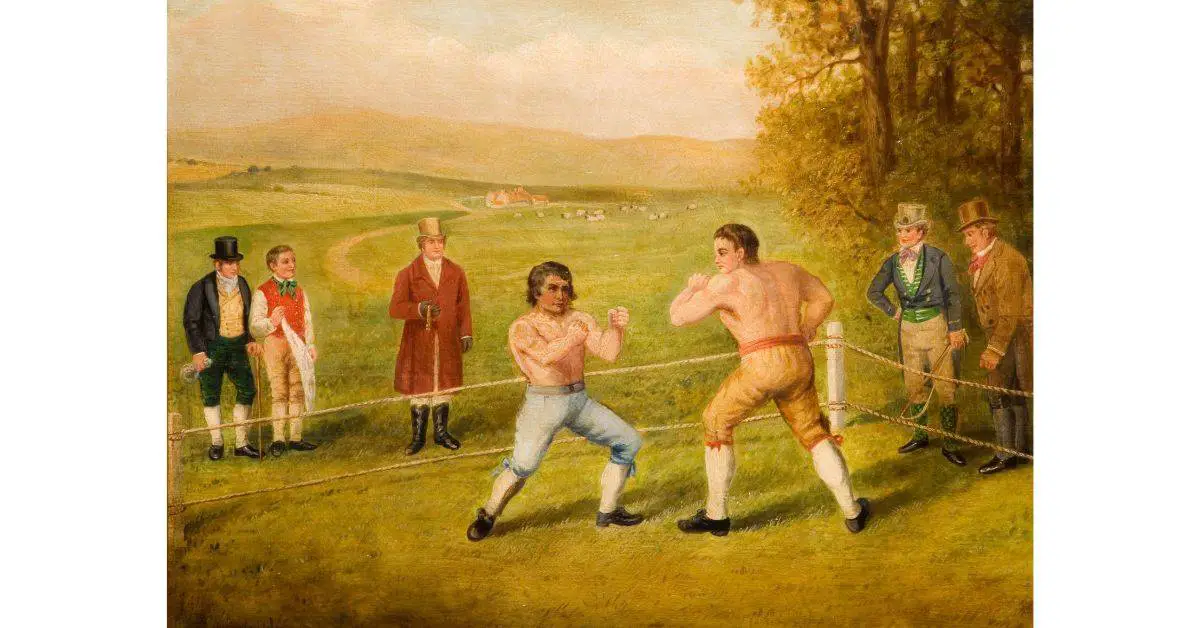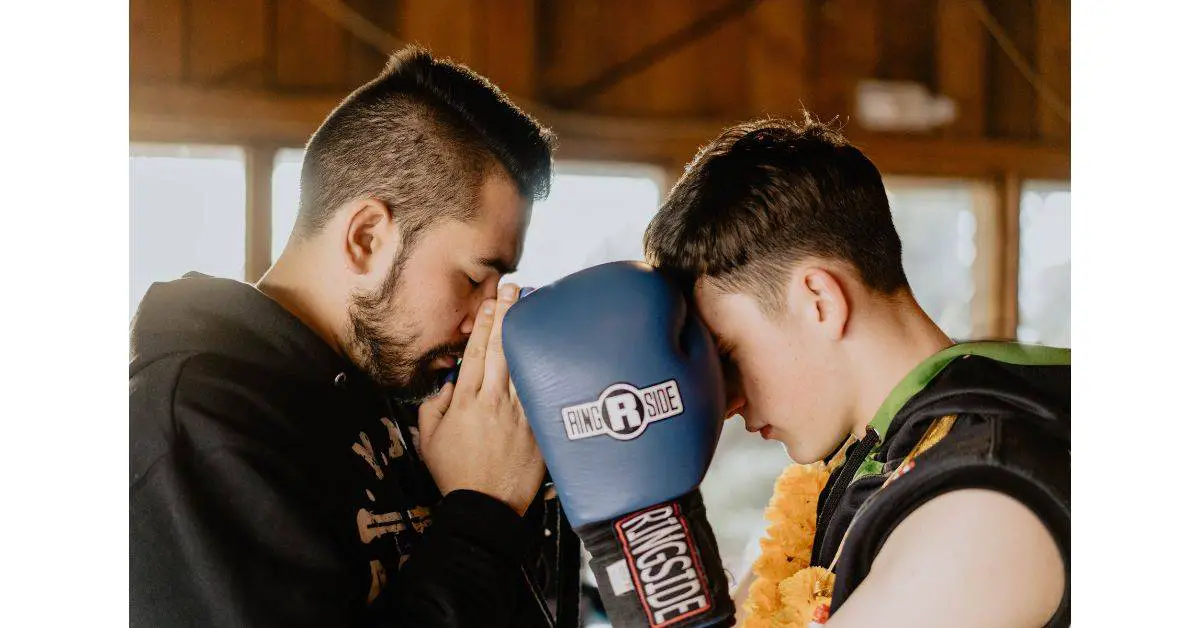Professional boxers don’t have a retirement fund, unlike players in sports like baseball and football. In actuality, only one state—California—has thought it’s necessary to address this problem. The state assembly created a boxer pension fund in 1980. The California Plan was created by Robert Fellmeth, a law professor and former state athletic commission head. Retired boxers get paid; how?
Retired boxers do get paid, but not from their fights. But because they are well-known worldwide, they typically make their living from sponsorships and advertisements. How much money they make depends on success. Although, some boxers like Vitali Klitschko return to school to attain higher education for a better life.
For professional boxers, boxing is life itself. There is a significant void to be filled after stopping the daily grind of running kilometers, hitting heavy bags, and clocking rounds in sparring. Life’s focal point, which determines their routine, nutrition, vacation plans, and social activities, is no longer there.
Before we dive in, if you want to know which exercises are best for your boxing progression, follow the link to read the complete list of exercises you should include.
How much do retired boxers get paid?
A professional boxer can be as young as 16 or as old as 59, depending on their experience. Various circumstances influence a professional boxer’s career decisions. Most professional fighters retire at the age of 37 on average. But what is life after they retire, and how much do retired boxers get paid?
Retired boxers’ earnings vary respectively. But you are assured most of them have net worth of millions of dollars; after boxing, most of them chase various commitments. For example, Laila Ali, a retired boxer and daughter of Mohammed Ali. Her net worth is $10 million. Vitali Klitschko has a net worth of $80 million.
It doesn’t stop with them. Ray Charles Leonard, a former professional boxer born in the United States, is reportedly worth $120 million. After hanging up his boxing gloves, he became an inspirational speaker, actor, and businessman.
Lewis, a dual citizen of the United Kingdom and Jamaica, is worth $140 million. Since he retired from boxing, he has become a boxing pundit. Lennox made hundreds of millions of dollars throughout his career through guaranteed purses and, Pay-Per-View bonuses.
Without the richest boxer in 2022, Floyd Mayweather, the list won’t be complete. Despite being retired, the boxing promoter and well-known boxing champion Floyd Mayweather Jr. boasts about his money online. With a net worth of $450 million, he is also the best-paid boxer in the world and the richest boxer ever.
When do professional boxers usually retire?
Various factors influence the career decisions of professional boxers. Their amateur fights and how long they stay in the game depend on them. When do professional boxers usually retire?
Boxers that compete professionally typically retire between the ages of 30 and 35. Nevertheless, we have seen people retire as young as 26, and others continue to work after they should have retired. They just keep going–in 2000, at age 50, Roberto “Hands of Stone” Duran defeated 31-year-old Patrick Goossen unanimously.
At the very latest, the standard retirement age for professional boxers is 30 or 35 years old. They are still in their prime physically and professionally at this point in life. However, before hanging up the gloves, a boxer should think about a few things. Some examples of such elements are chronological age, physical condition, financial resources, output, and enthusiasm.
Although pugilism has no upper age limit, there are many things to consider before competing against a younger opponent. Boxers are required to be under 41 years old to compete in the 2021 Summer Olympics in Beijing.
Age brings a tangle of old wounds and the whims of time. When these elements work together, a boxer is less successful, which increases their chances of losing and getting hurt. A key factor in why fighters find it challenging to continue having a good career after age 40.
Before we continue, if you want to know how much do professional boxers run, follow the link to an article of mine revealing the answer.
What happens if you retire with a boxing belt?
When you first take home the championship, you receive a belt. A red stone is added to your belt at a unique facility every time you successfully protect the belt. Each stone is like an infinity stone, standing in for all the times you’ve successfully guarded your hilltop stronghold. What happens to the boxing belt if you retire with a boxing belt?
If a boxer retires with a boxing belt, the retiring boxer keeps the title. The committee arranges a match between the next two contenders to crown the new champion. The new winner will receive a brand-new belt. Lennox Lewis was a retired champion. With each new champion comes a new belt. The former champion keeps the belt.

Almost always, the governing body or bodies will select two combatants to contend for any championship a boxer holds upon retirement. They may simply choose two highly regarded competitors and place them directly in a title match.
Sometimes, when two boxers face each other off for the championship right away, the victor is only recognized as the “interim champion” and isn’t recognized until at least one successful title defense.
Do amateur boxers get paid when they retire?
One contributing component of amateur boxing is the uncertainty of one’s financial situation. Few people put in the effort required to become champions because of the widespread belief that amateur boxers can’t make a life.
In active service, and when they retire, amateur boxers don’t get paid. However, they are entitled to company endorsements and government grants. Even though amateur boxers don’t get paid, if they’re good, they can still make money when they retire. Getting paid through endorsement, business deals, and advertisements.
Amateur boxers are not legally permitted to accept any payment (purses or awards) for competing in amateur-level tournaments, according to rules 309.2 to 309.5 of the 2008/2009 USA Boxing Rule book (Source).
Many nations worldwide—particularly those in Europe—fully support their amateur boxers during and after their service.
How many fights have professional retired boxers had?
The New York Times believes a rule should be in place to make it illegal for boxers to compete in more than 40 professional bouts or after the age of 32. Before a professional boxer retires, they must have had many professional fights. How many, you might wonder.
Retired boxers typically have 50 professional fights under their belts by the time of their last match, with a 16-year career average. There are some exceptions, such as Bernard Hopkins, who retired at age 51, and Robert Garcia, who retired at age 26. At 30, a boxer’s career should begin slowing and leading toward retirement.

Some fighters sometimes keep going for the money, the legacy, or the crowd’s ovation. The boxing custom of a champion defending his title until it is taken from him in the ring only exacerbates this.
That fight should have persuaded even the most ardent fan after seeing the pitiful spectacle of a great champion like Muhammad Ali stumbling through his final fights as he neared 40.
If you want to read more about how often do professional boxers fight to maintain their career at its peak all the time, follow the link to an article of mine on the topic.
Final words
While some boxers can transition into new careers with little difficulty, others are less fortunate. Those empowered by the limelight may have trouble adjusting to life without it.
Still, others have trouble adjusting to life outside of boxing and become disoriented and depressed.
The boxer’s life is a cocoon; they must break free at some point. Challenges arising after a fight can sometimes be more difficult to overcome than fighting itself. Above all, know that boxing, with its difficulties, possesses great benefits!
If you enjoyed reading this article, you’ll also enjoy reading about the best boxers in the history of boxing. Knowing who they are will allow you to learn from the elite of the elite. So, do give it a read.

